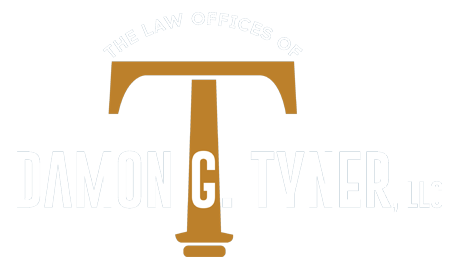When thinking about the laws for getting a liquor license in New Jersey, it is often viewed from the perspective of a restaurant or bar owner. Of course, this is understandable. However, the rules regarding liquor licenses can impact other businesses as well.
Recently, it was revealed how breweries are having their business objectives hindered in the Garden State because of the state laws. In these cases, it is important to have legal assistance from professionals who understand all aspects of this law.
New Jersey breweries must deal with complex laws to run their business
There are various laws that might sound unusual and are, according to brewery proprietors, causing them challenges with their business. For example, people cannot take a sip of the beer prior to taking a required tour. They cannot order food since they do not have kitchens. People who are not drinking cannot bring soft drinks or snacks. There is a maximum of two televisions of limited size allowed. There is also an annual limit of how many events they can have, like showing sporting events and having something as innocuous as a trivia contest.
These rules stem from a 2012 law from the state Division of Alcoholic Beverage Control (ABC) to prevent these establishments from being labeled as bars. The objective was to protect restaurants and bars from paying the half million dollars for the liquor license and facing competition from brewers whose licenses are between $1,250 and $7,500.
New Jersey is the only state with these rules for breweries. Lawmakers are considering options to make things easier for breweries. Still, restaurateurs and bar owners believe that the rules are protective tools for their businesses. This gap is a challenge for brewery owners and the potential for rule changes are concerning to those who have paid for their liquor license.
Tailored business advice can be essential with liquor license matters
Obviously, this is a concern for breweries as they are trying to gain a foothold and promote their product. It is also worrisome for businesses that have paid for their liquor license and may fear losing business in an already tough climate with the proposed changes occurring.
For these issues, it is important to have comprehensive legal guidance that can tailor their help directly toward the problems at hand. Consulting with professionals who are experienced with business liquor licenses and general business matters can provide advice and assist in achieving business goals effectively.

